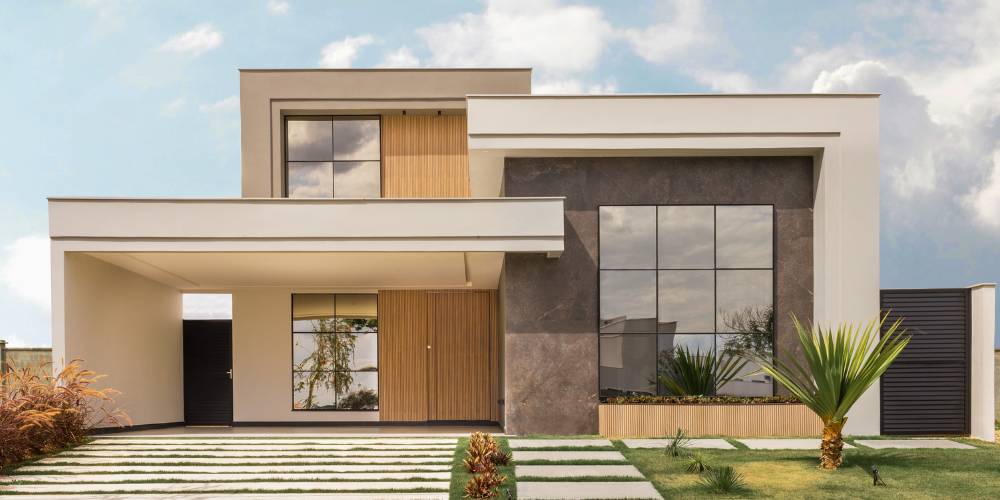When you buy a property, you want to make sure that it will appreciate, and you’ll eventually be able to sell it for more than what you paid. While it’s true that most real estate tends to increase in value over time, it isn’t necessarily guaranteed.
There are countless home resale value factors can influence whether or not you can sell your home for a profit in the future and how much you can expect that increase to be. Some factors you can control, and others are out of your hands. Either way, it’s important to be aware of the variables at play to get a more accurate idea of what’s happening in the housing market.
So, to help you assess the strength of your investment, here is a list of the major factors that have a direct impact on the home’s resale value.
Factors That Influence Your Home’s Resale Value
1. The Current and Historical Price of the Home
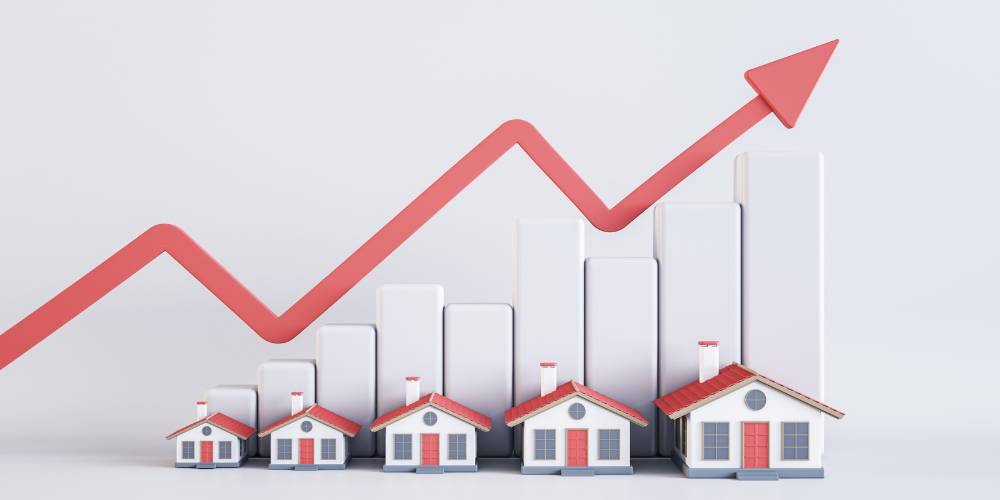
The current and historic price of the home are the two most important home resale value factors, as they provide the easiest way to quickly assess the current rate of appreciation. How much did you pay for the property, and how much would it be worth if you sold it today? If you don’t have the exact numbers, you can always use tools like Zillow and Redfin to estimate the home’s present value and other useful analytics. You can also use an ARV Calculator to find the prices of recently sold properties in a particular area in the US.
You can also check public records for more accurate historical data or hire an appraiser to confirm the current value. To determine how much the home has appreciated over time, simply calculate the difference between the values in a given period.
Say you bought the home for $300,000 5 years ago, and today it’s worth $315,000, which is a 5% increase.That means in another five years, you can reasonably expect the home to be worth about $330,000. There are no guarantees that it will continue to appreciate at 5%, but that’s a good way to get a ballpark estimate of what it would likely be worth if conditions in the local market stayed consistent.
2. Property Location
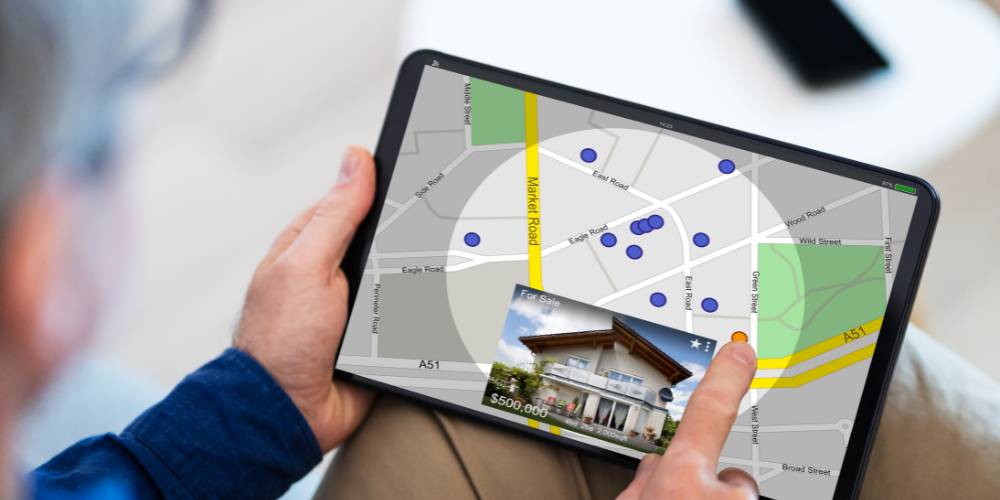
The location of the property can also greatly impact the future resale value. Is the neighborhood improving, or is it in decline? Are property values in the town or city where the home is located generally increasing or on a downswing? The property itself could be immaculate. But if no one wants to live in a particular area, you may have difficulty finding a buyer willing to pay top dollar.
Keep an eye on the current and historic property values in the neighborhood or community to see if they continue to go up over time. You can also look at stats like crime rates, public school ratings, and population data to see if the area is becoming more or less attractive to prospective home buyers.
3. Property Size:
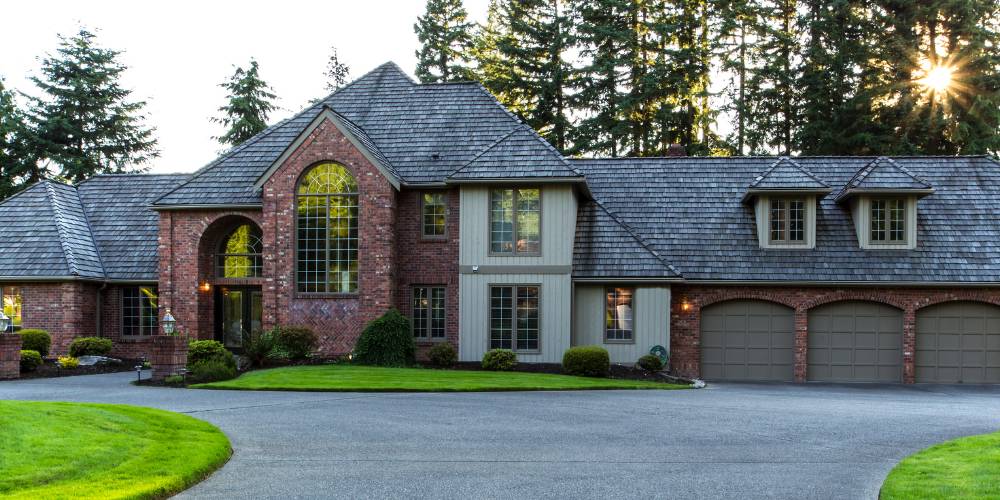
The size of the home can also influence the potential resale value. You may be surprised to learn that smaller homes tend to appreciate more than larger properties. Homes under 1,200 square feet have appreciated at a rate of 7.5% over the past five years, while larger homes over 2,400 square feet only increased by 3.8% in the same period.
As property values across the country continue to increase, starter homes are becoming far more in demand than larger homes with more extraneous square footage. Millennials, especially, are more likely to go after smaller homes that offer all the necessary essentials over large estates with unnecessary bedrooms and unused square footage. How long this trend will continue is hard to say. But regardless, property size can impact the home’s resale value.
If you need any help calculating the square footage of a property, give our free square footage calculator a try.
4. The Local Property Market:
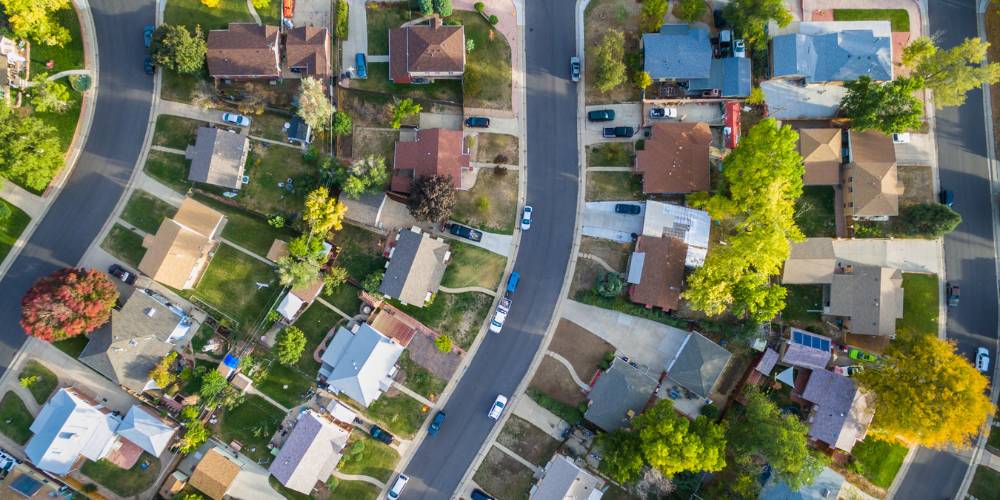
The conditions of the local market can also greatly impact the future value of a home. The laws of supply and demand heavily influence real estate values. Your home will naturally get a better price when it’s a seller’s market, and you have more leverage.
That being said, the opposite is true when it’s a buyer’s market and the pool of qualified home shoppers is limited. Ultimately, your home is only worth as much as a buyer is willing to pay. So, the conditions of the local market can significantly impact the future value of your home. The good news is that these conditions tend to be cyclical, and negative impacts may be temporary.
However, it’s wise to pay attention to key indicators like the number of days the average home spent on the market and the percentage of homes sold for at or above asking price to determine if it’s a good time to sell.
5. Comparable Homes
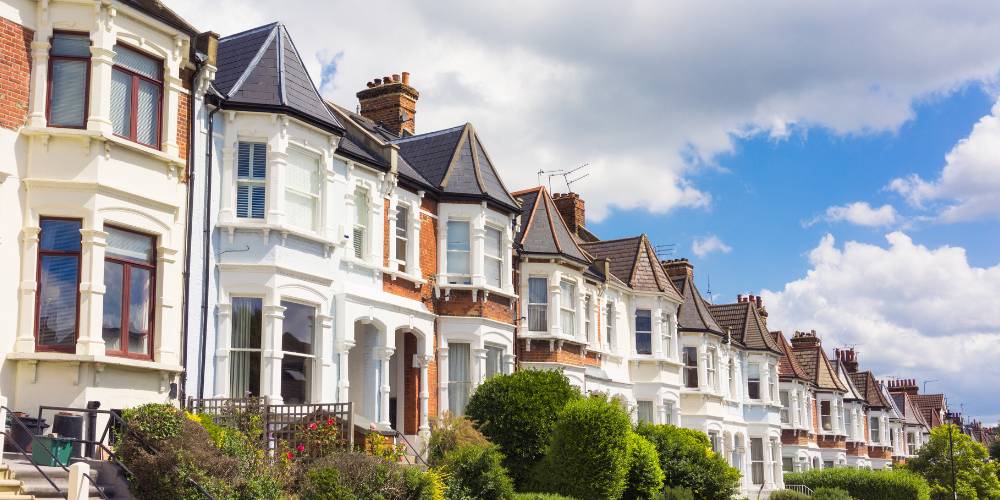
Another one of the most significant home resale value factors is the price of comparable homes, aka comps. Comps are homes that are very similar to your property in terms of location, number of bedrooms and bathrooms, square footage, and presence of other amenities. It may be challenging to find another home that is a carbon copy of the one you own unless it’s in a development that tends to repeat floor plans.
However, if you can find three to five homes in the area with similar characteristics, you can use them to estimate the potential resale value of your own home. Appraisers use comps when valuing a property, and home buyers typically look at the sales price of similar properties to help craft their own offers. So, sales data from comparable homes is a great way to predict the home’s resale value.
6. Number of Bedrooms

The number of bedrooms can also significantly impact the future resale value of your home. As a general rule of thumb, an extra bedroom can add as much as 15-20% of value to your home.
However, it only affects the price if it adds to the square footage, and the location has to make sense. For instance, if you cut the living area in half to create a new bedroom, but it’s in an awkward location, it may have the opposite effect on the price.
Also, don’t forget that homes that are too large with extraneous bedrooms that the average homeowner doesn’t need may appreciate at a slower rate than the average home. However, in general, a three-bedroom home will sell for a higher value than a two-bedroom home, and so on.
7. Mortgage Rates

Current mortgage rates also have a major impact on whether it’s a buyer’s market or a seller’s market (which, in turn, affects the resale value of your home). When mortgage rates are low, more buyers can afford to take out loans, creating more competition, often leading to bidding wars and higher sales prices.
But when mortgage rates are very high, many people either can’t afford to take out loans or choose to wait until they come down. As a result, fewer buyers will be shopping for a home, which often leads sellers to cut their prices or keep the home on the market for longer. So, make sure to pay attention to the current mortgage rates and the actions of the Federal Reserve.
8. Age and Condition of the Home:
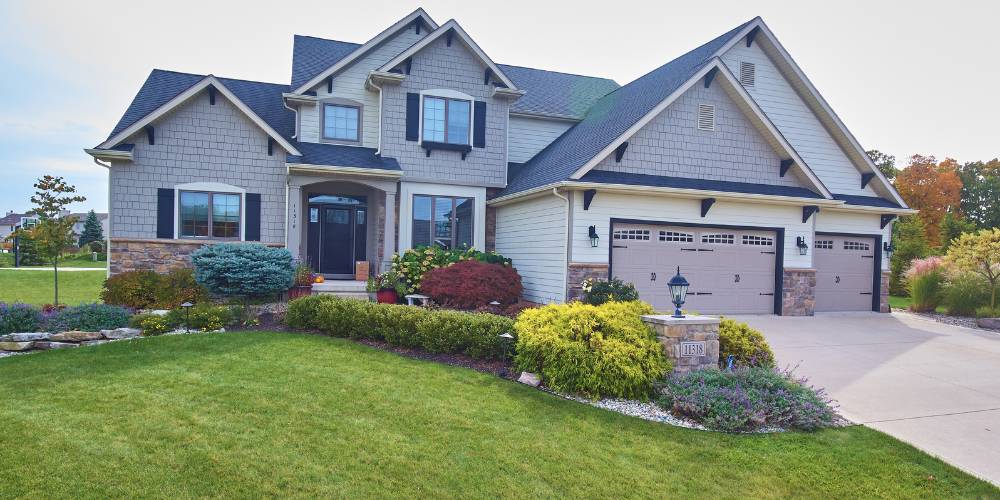
The age and condition of the home have an obvious impact on the ultimate resale price. Newer homes tend to be more attractive than older homes because they require fewer upgrades and repairs.
However, historic homes or those that are architecturally significant may actually fetch a higher price if they are well maintained. The condition of the property will have a more direct impact on the future value of the home. No matter how old the home is, you’ll naturally get lower offers if it has significant deferred maintenance and structural issues.
Older homes are more likely to need additional maintenance, but newer homes can also experience problems if not properly maintained. Performing routine maintenance and inspecting the home as much as possible is a good way to protect the resale value as much as possible.
9. Home Features & Upgrades
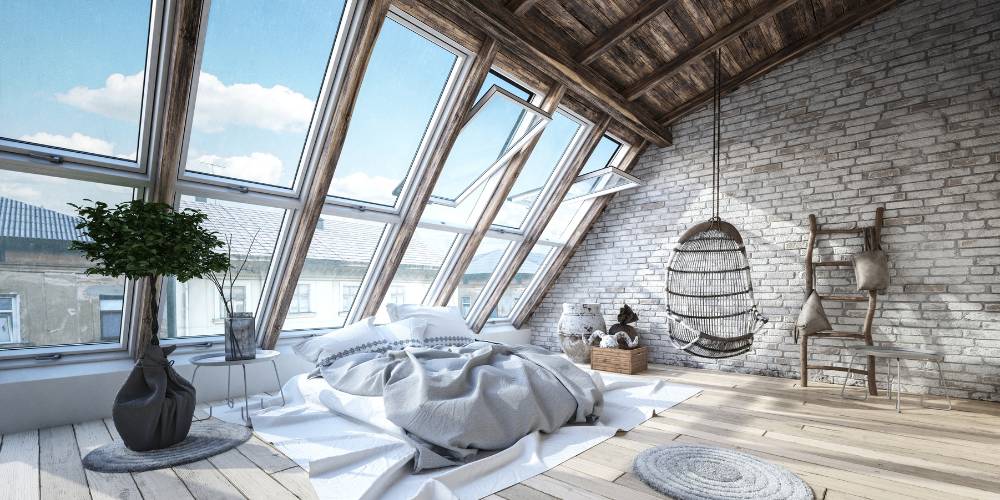
The existence of any special features and upgrades will also have an impact on the price, especially if they are rare and desirable for the local market. For instance, attractive features such as central air conditioning, stainless steel appliances, granite countertops, and walk-in closets can improve the resale value. External features such as swimming pools, hot tubs, and guest suites can also have a similar effect.
However, there is such a thing as too much home improvement as well. Spending exorbitant sums upgrading the home with all the latest bells and whistles may backfire if the upgrades aren’t attractive to buyers in the area. So before you invest in any upgrades, check the numbers to confirm you’ll get a reasonable return on investment from the home renovations you complete.
10. The Economy
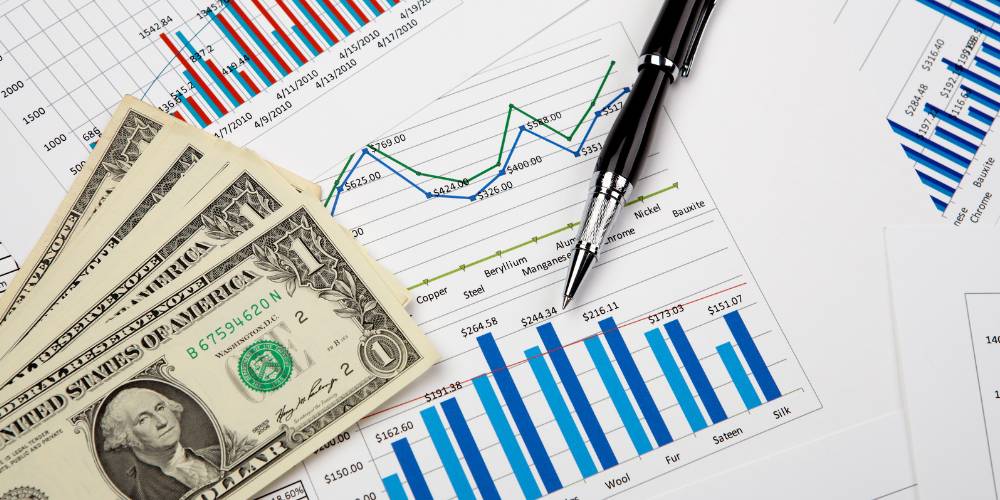
Finally, the overall conditions of the real estate market and the broader economy can have a major impact on the resale value of your home. Home values tend to increase faster during periods of economic prosperity and stagnate or decline during recessions.
When unemployment is low, and wages are high, people have more disposable income that they can use to save for a down payment and other expenses related to owning a home.
However, when the cost of living is skyrocketing, and job opportunities are scarce, fewer people tend to be in the market to buy a home. While there isn’t much you can do about the macro-economic trends of the housing market, it does help to pay attention to things like employment data, the price of goods, and the gross domestic product of the city or country.
Additional Factors That Increase Resale Value
Curb Appeal: The attractiveness and presentation of your home can significantly impact its resale value. This includes things like landscaping, exterior paint jobs, and the visible condition of the roof or driveway.
Floor Plan & Layout: The floor plan and layout of the home can also have a major impact on the potential value. A well-optimized layout designed with the living preferences of the average buyer in mind can increase a home’s layout by a significant margin. Conversely, a home with an awkward or unusual layout may be harder to attract buyers, which will naturally bring down the price.
Kitchen Size & Features: The kitchen is one of the most important rooms in any home. For many families, the kitchen is not just a place to prepare food, but it’s an extension of the living room where many daily activities take place. So, a larger kitchen with attractive features will increase the value of the home more than almost any other room. Features that tend to attract modern homeowners include stainless steel appliances, smart appliances, kitchen islands, walk-in pantries, etc.
Storage Space: The presence of storage space is another added bonus to any home. This could be in the form of large closets, a basement, an attic, a crawl space, or a spare room that doesn’t make sense as a bedroom. Homeowners need somewhere to store their Christmas ornaments, old clothes, unused electronics, and other random items they don’t want cluttering up the living space. So, strategically located storage space can have a significant impact on the resale value of a property.
Having A View: Who doesn’t love a nice view? Whether it’s a view of the mountainside, an ocean view, a view of the city skyline, or anything else, the presence of an attractive vista can greatly increase the desirability of a home. How much depends on the type of view and how appealing it is. But a well-placed window overlooking attractive scenery will almost always add to the value of the home.
Natural Light: Natural light is another attractive feature that can add to a home’s value. It enhances the overall ambiance and makes the space more inviting and aesthetically pleasing. Plus, homes with good natural light tend to have lower heating and electricity bills, which is another factor that makes them appealing to potential buyers.
